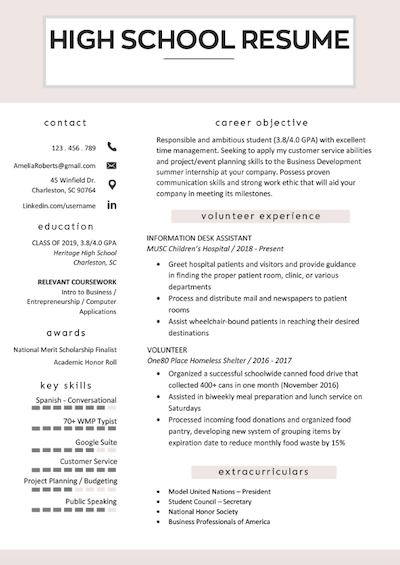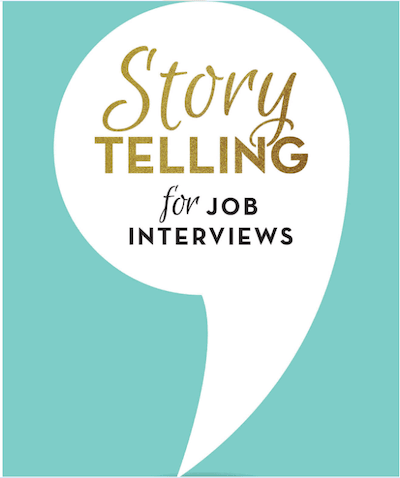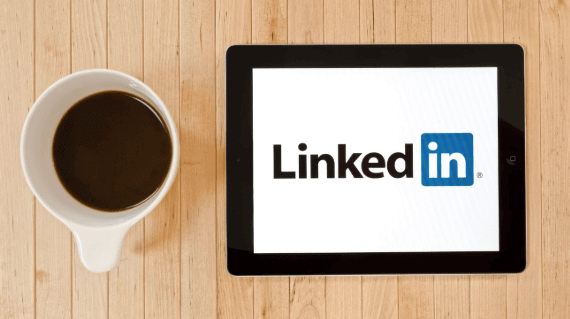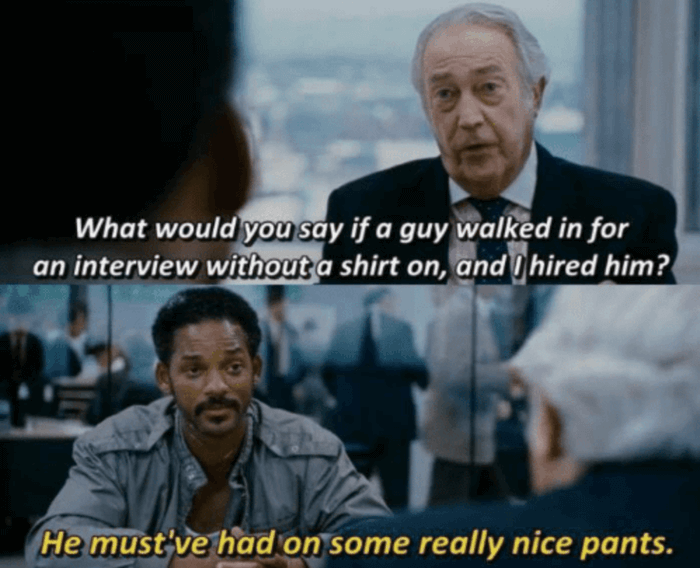
This article provides a list of the
60 top most common college interview questions,
as well as a list of the
top 20 questions
to ask in your college interview.
Without knowing how to put these tools to use, however, you'll flounder. Thus, the following section of this article details
4 actionable recommendations
to help you better practice and prepare for your college interview.
Finally, I'll summarize what we've learned and underscore why interviewing is so important for college admissions.
1. Top 60 Common College Interview Questions
Below, I've compiled a list of the some of the most common college interview questions asked by admissions officers and alumni interviewers.
I've grouped them into several broader categories for ease of studying:
A. School Specific
-
Why do you want to go to
School X
?
-
How will
School X
help you achieve your academic/career goals?
-
Have you ever been to
School X's
campus?
-
What stands out the most to you about
School X
?
-
What distinguishes
School X
from the other school's you are applying to?
-
Do you know anyone who has gone to
School X
?
-
What is the most important thing for you in deciding on a school?
-
What are you hoping to get out of your experience in college?
B. Academics
-
What do you want to major in?
-
What is your favorite class?
-
What is your least favorite class?
-
How do you compare against other students in your school academically?
-
What academic skill do you think you need to improve the most?
-
What is the most challenging class you've taken?
-
What subject is the hardest for you?
-
What type of student are you in the classroom?
-
Is there a reason for the lower grade you received in
Class Y
this semester?
C. Extracurriculars
-
You seem very busy. How do you like to spend your free time?
-
What interests you about
item Y
that you’ve noted on your resume? Tell me about it.
-
What activities do you do that you want to continue in college?
-
What is your favorite extracurricular?
-
What is your least favorite extracurricular?
-
What new experiences do you want to have in college?
-
How have you spent your summers?
-
If you got a day off from school, how would you spend it?
-
Which of your accomplishments are you most proud of?
-
What extracurricular have you devoted the most time to, and why?
D. General
-
Tell me about yourself.
-
Walk me through your resume.
-
Tell me 3 things not on your college application.
-
What's a talent of yours that people would be surprised to learn about?
-
What is your favorite piece of literature?
-
What is the most recent book you've read?
-
What is your proudest moment?
-
What type of roommate will you be?
-
How would your friends describe you?
-
Where do you feel most at home?
-
Who is someone you admire?
-
What are the characteristics of a great leader?
-
If you could have dinner with anyone, alive or dead, who would you choose?
-
What does "success" mean to you?
-
What careers interest you?
-
Where do you see yourself in 5/10 years (after graduating)?
-
If you won the lottery, how would you spend the money?
-
If you caught a fellow student cheating, what would you do?
E. Stories
-
Tell me about a time you led a team.
-
Tell me about a time you worked as part of a team and overcame internal conflict.
-
Tell me about a time you faced a moral dilemma, and how you resolved it.
-
Tell me about a time you changed someone's mind.
-
Tell me about a time you overcame adversity.
-
Tell me about a time you messed up.
-
Tell me about the most difficult challenge you've overcome.
-
Tell me about a decision you regret.
F. Tricky Questions
-
Why should we admit you?
-
Why should you be admitted over other students? What distinguishes your application?
-
If you could change one thing about your high school, what would it be?
-
What is your greatest weakness?
-
What other schools are you applying to?
-
What do you think about
current event Z
?
-
What is the biggest hardship you've either managed to overcome or that still affects you?
2. Top 20 Questions to Ask Your College Interviewer
Your interviewer will usually leave time at the end for you to ask him/her questions about the school and their experience as a student there.
Make sure to have at least 5-6 questions ready!
There is nothing worse than staring blankly at your interviewer and not having a single question to ask. That demonstrates a complete lack of preparation and interest in the school.
As a general tip, if no questions come immediately to mind you can almost always simply flip the questions asked to you back on your interviewer.
For example,
"What do you want to major in?"
can be flipped on your interviewer as
"What did you major in during college, and why?"
To ensure that you never commit the devastating mistake of not having questions at the ready to ask your interviewer, I've put together a list of 20 good questions that you can ask any college interviewer:
-
Why did you choose
School X
?
-
Why did you major in
Y
?
-
What was your favorite class in college, and why?
-
What was your favorite extracurricular in college, and why?
-
What surprised you most about
School X
?
-
What advice would you have for incoming freshmen?
-
What is your favorite part about
School X's
campus?
-
What do you wish you had known when going to
School X
?
-
If you could change one thing about
School X
, what would it be?
-
I'm interested in
Program W;
can you tell me more about it?
-
I'm interested in joining
Student Club W,
can you tell me more about it/what its reputation is on campus?
-
I read online about
School Tradition X,
what is it like in person?
-
Is there any club or organization that you didn't join during college but wish you had?
-
How would you describe campus community/atmosphere?
-
Are there any extracurricular opportunities you'd recommend for someone like myself that come to mind?
-
What is the "hidden gem" of
School X
?
-
What is a typical weekday/weekend like on campus?
-
I read about
Issue Y
facing the college on the online student newspaper. Do you know anything about it?
-
What are the sporting events like, and did you regularly go to them?
-
How would you describe your fellow students?
3. How to Prepare for Your Interview
The most
nerve-wracking
aspect of most college applications is the
alumni interview.
In roughly an hour, you need to convince a total stranger that you're not just a great person but also extremely well-qualified for the institution from which they graduated.
Unlike every other aspect of your application, there are no do-overs, no rough drafts, no family or friends or teachers there to sit by your side and support you through the process.
Thus, it's essential that you go into the interview feeling well-prepared and confident. Think of it like a one-man-show where you're the producer, director, stagehand, conductor, and lead actor all at once. It is the most raw, unfiltered, and honest aspect of your application because it is just you.
While this might sound terrifying, this is also what makes the interview so
exciting.
Because it is so difficult, if you are able to distinguish yourself during your interview then you have likely earned a
fast-track ticket
to the college of your choice.
As the only face-to-face interaction you'll have with each college, the interview is your best chance to add that "human dimension" to your application, in addition to your essays.
Acing it goes a long way in differentiating yourself from the general pool of applicants.
Without further ado, here are some actionable recommendations to help you prepare for and ace your interview:

1. Practice walking through your resume by telling one coherent, unified story.
Each experience should naturally lead to the next, e.g.
“I spent a summer doing software engineering at Startup X.
Though I learned a lot about programming and how to take initiative in an unstructured environment, I knew that I wanted to try something a bit more established and expand my horizons to something less STEM-focused my next summer.
Thus, I decided to accept an internship at Company Y in their business division the following summer, where I was able to further develop my interpersonal skills and navigate a more bureaucratic environment.”
If an interviewer ever asks you the classic
"Tell me about yourself"
interview question, you'll now be able to turn what can be an awkwardly broad question into a golden opportunity to hit on all of your strengths.
Definitely
check out this more detailed 13-minute video
by an ex-BCG, ex-Google product manager on how to properly walk through your resume by telling a story.

2. Prepare 5–6 general stories about yourself that hit on universal themes
These stories should cover a time you worked in a team, a challenge you faced/overcame, and a valuable lesson learned.
They should each be
60-90 seconds.
This will allow you to answer any sort of generic interview question like:
“What is your greatest weakness?”
“Talk about a time you lead a team and faced a challenge”
“What’s your favorite subject in school, and why?”
The key takeaway is that all of these stories should hit on
universal themes,
e.g.
-
Encountering a challenging problem and solving it.
-
Working in a team.
-
Resolving a moral dilemma.
-
Making a difficult choice.
While you don’t need to memorize these stories word-for-word, you should have rehearsed a general outline of them.
Ideally, you need to be able to quickly rattle off a story with a beginning, middle, and end while remaining flexible enough to adapt your stories to the specific question you’re asked.
Make sure the story you choose answers the actual question being asked, e.g. if you're asked about a time you led a team, make sure your story involves you leading a team even if that wasn't the question you had anticipated answering with that story.
If this sounds just like a job interview, well, that's because it is -- the college essentially wants to hire you to take classes for 4 years and represent itself in the real-world after graduating.
There's a ton of job interview advice available for free online, but most college applicants don't make the connection that this advice is applicable to them as well.
Make sure to take advantage of these resources as well and prepare for your college interview like it's a job -- for example,
here is a great YouTube video on 6 types of stories
that you should be able to tell during an interview, along with examples.

3. Research you interviewer beforehand.
Type their name into Google, Facebook, and LinkedIn. See if you have any mutual friends or went to the same high school.
Read news articles relevant to their job so that you can cite/relate to current events that your interviewer might mention.
Look up what your interviewer did while in college, e.g. extracurriculars, major, minor, classes taken, any articles in the student newspaper mentioning them, etc.
Brainstorm 2–3 ways to link their interests to yours, and think of how you might tie them together naturally during conversation.

4. Research the school beforehand.
Ask alumni/friends what on-campus resources might appeal to you, and read the college's student newspaper.
This gives you something specific to say when you’re inevitably asked,
“Why College X?”
and can help make your future educational/career goals more concrete in the mind of your interviewer.
Even if a question is not specific to the school for which you're interviewing,
your answer should be specific to that school.
Non-specific questions can be a bit of a trap in that sense, by lulling you into a false sense of general-ness.
If you're interviewing for Stanford, don't look at a question like
“What’s your favorite extracurricular?”
as a chance to regurgitate the 2-minute spiel about political advocacy that you told your Princeton interviewer.
Instead, use it as an opportunity to emphasize why Stanford, and only Stanford, is truly the best place for you to pursue your passions.
4. Do Interviews Even Matter?
When I was in high school applying to college, a major rumor floating around was “College interviews don’t really matter.”
This is a lie.
The interview process is extremely important to your application and potential acceptance!
There is a misconception that, because all applicants are getting an interview, then receiving an interview isn’t significant – or it’s merely an opportunity to ask questions.
The truth behind that statement is that receiving an interview does NOT mean that the school has already looked at your application. You are not necessarily offered an interview because the school already feels you are a strong applicant – anybody could get an interview.
But, conducting a great interview (notice I said great, not just good) can be a significant factor for the acceptance committee. Your interviewer will write a “recommendation” after your interview and, if it is outstanding, it can serve as a tipping point for your application.
I – along with many of my friends – have personally seen my own application to Harvard after the admissions committee reviewed it, and every admissions file includes multiple pages of comments left by our interviewers. And, in some cases, the admissions file specifically notes that the interview helped students who had a borderline application.








